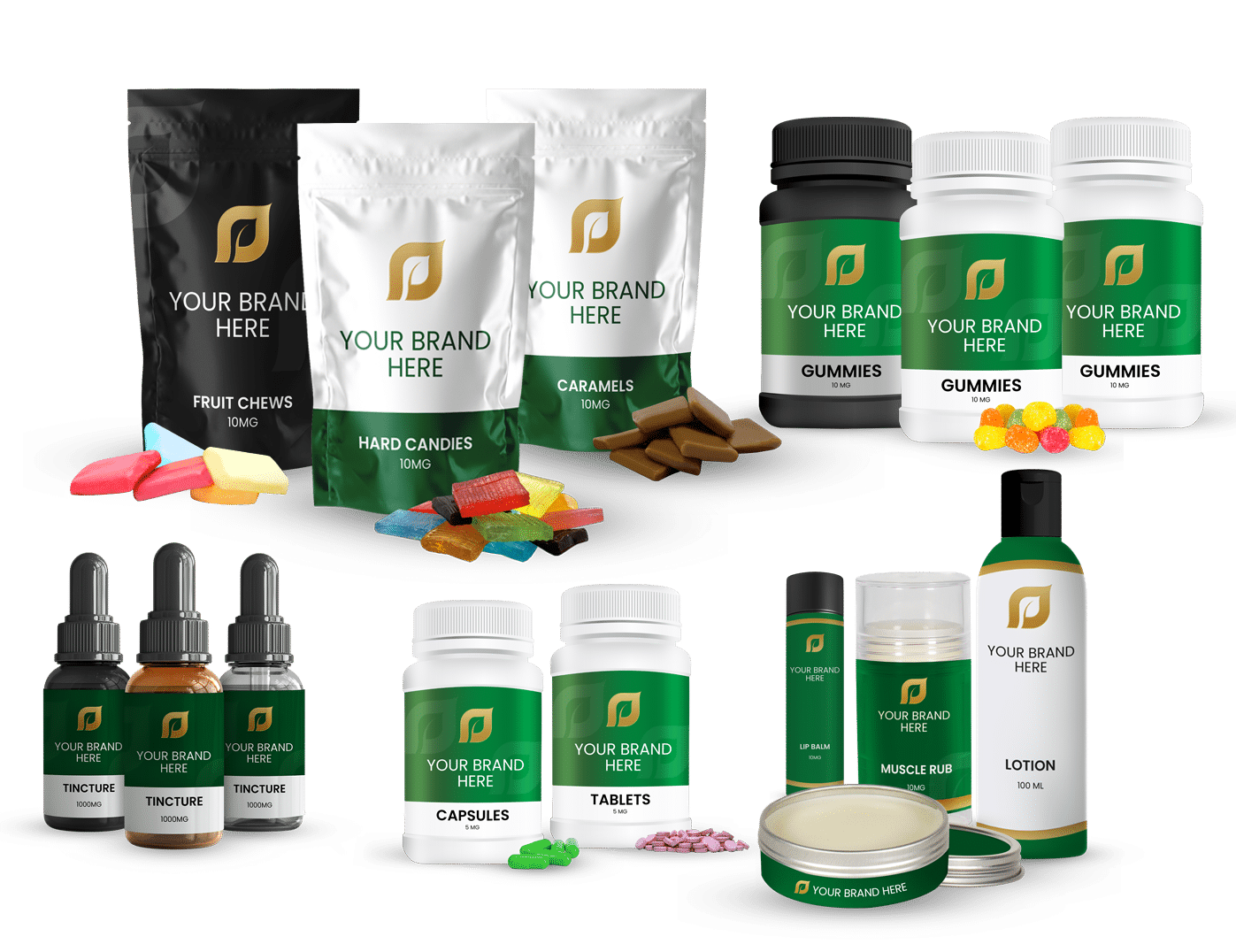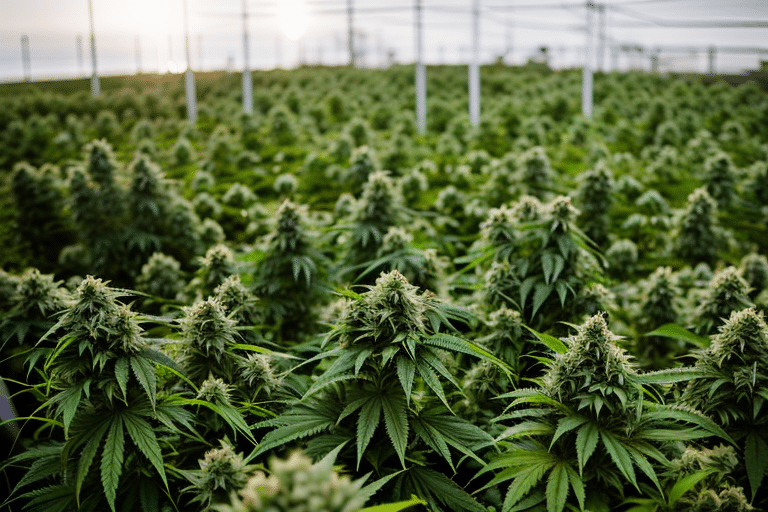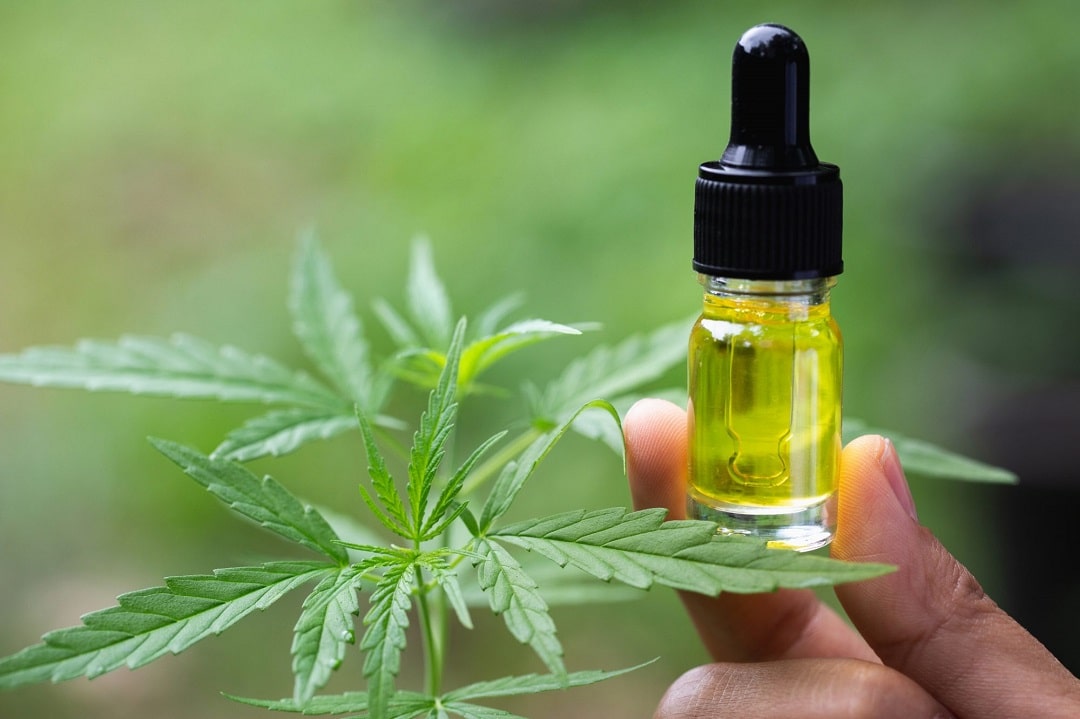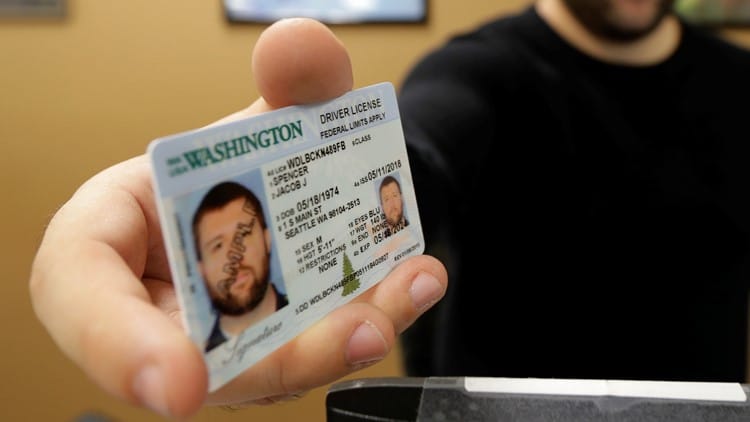The question of whether or not delta-8 THC is addictive has been on a lot of people’s minds lately, in light of the skyrocketing popularity of delta-8 THC products. And it’s a valid question – after all, THC is known to be addictive. So what about delta-8?
Here’s what we know: delta-8 THC is a cannabinoid, just like THC. And like THC, it can produce some psychoactive effects. However, delta-8 is only about half as potent as THC.
So far, there is no evidence that delta-8 is addictive. In fact, some studies have shown that it may even have anti-addictive properties.
Of course, more research is needed. But based on what we know so far, it seems that delta-8 is not addictive.
Table of Contents
ToggleWhat Is Delta-8 THC?
Delta-8 THC is a cannabinoid found in hemp plants. It’s similar to the more well-known delta-9 THC, the main psychoactive component of marijuana, and has essentially the same chemical formula. The only chemical difference is the position of one carbon bond.
Delta-8 THC has a lower psychoactive potency than delta-9 THC, but it still produces some psychoactive effects. It’s also been shown to have anti-anxiety and anti-nausea properties.[1]
Delta-8 THC is federally legal in the United States thanks to the 2018 Farm Bill, which legalized hemp-derived products containing less than 0.3% THC. However, some states have their own laws regulating delta-8 THC.
Do you need custom private label Delta 8 products produced for your CBD business?
SEE WHAT WE CAN DO
Do you need custom private label Delta 8 products produced for your CBD business?
SEE WHAT WE CAN DO
What Really Causes Addiction?
When most people think of addiction, they think of it as a personal failing or a lack of willpower. However, the reality is that addiction is a complex disease that has a variety of causes.
There is no single cause of addiction, but there are several risk factors that can contribute to its development. These include inherited vulnerabilities, physiological factors, psychological factors, and social factors.[2]
Inherited Vulnerabilities
Some people are more vulnerable to addiction than others due to inherited vulnerabilities. For example, people with certain genetic compositions may be more likely to develop addiction.
Physiological Factors
Physiological factors can also play a role in the development of addiction. For example, people who have chronic pain or other medical conditions may be more likely to develop addiction.
Psychological Factors
Psychological factors can also contribute to addiction. For example, people who have a history of trauma or who suffer from anxiety or depression may be more likely to develop addiction.
Social Factors
Social factors can also contribute to addiction. For example, people who live in poverty or who have a history of abuse or neglect may be more likely to develop addiction.
The True Cause of Addiction
Addiction is a complex disease with a variety of causes. There is no single cause of addiction, but there are several risk factors that can contribute to its development. These include inherited vulnerabilities, physiological factors, psychological factors, and social factors.
Understanding The Difference Between Tolerance And Dependence
When it comes to drug use, the terms “tolerance” and “dependence” are often used interchangeably. However, there is a big difference between the two. Tolerance refers to the need for increased amounts of a drug to achieve the desired effect. Dependence occurs when your body becomes so used to the drug that it can’t function properly without it.[3]
Tolerance can develop to both legal and illegal drugs. For example, you may need to take more of a painkiller to get the same level of pain relief. Or, you may need to drink more alcohol to feel the same level of intoxication. Tolerance is a normal response to taking a drug regularly.
Dependence, on the other hand, is a more serious condition. It occurs when your body becomes used to the presence of a drug and can’t function properly without it. Dependence can lead to addiction, a chronic, relapsing disease characterized by compulsive drug seeking and use despite harmful consequences.
People who are dependent on a drug may experience withdrawal symptoms when they try to quit. Withdrawal symptoms can be physical, such as nausea and shaking, or psychological, such as anxiety and depression. These symptoms can be so severe that people feel they need to keep taking the drug just to avoid them.
Tolerance and dependence are both common responses to taking drugs regularly. However, tolerance is a normal response that doesn’t necessarily lead to dependence or addiction. Dependence is a more serious condition that can lead to addiction. If you’re concerned about your drug use, talk to your doctor or a mental health professional.
Does Delta-8 THC Cause Withdrawal?
When it comes to addiction and withdrawal, there are a lot of different factors at play. Withdrawal symptoms can vary depending on the substance, how long someone has been using it, and how much they’ve been using.
That being said, delta-8 THC withdrawal is not well-studied. There is limited research on delta-8 THC, and even less on its potential for addiction and withdrawal.[4]
However, we do know that delta-8 THC is a cannabinoid, and cannabinoids are not known to be addictive. There is no evidence to suggest that delta-8 THC causes withdrawal symptoms similar to those seen with alcohol, cocaine, opiates, or benzodiazepines.
So while we can’t say for sure that delta-8 THC won’t cause withdrawal symptoms, it’s unlikely that it will. If you’re concerned about addiction or withdrawal, talk to your doctor or a qualified healthcare professional.
How Do I Know If I’m Addicted To Delta-8?
If you’re wondering whether delta-8 is addictive, you’re not alone. Delta-8 is a relatively new cannabinoid, and there’s still a lot we don’t know about it.
That said, we do know that delta-8 can cause tolerance and withdrawal symptoms in some people. So if you’re using delta-8 and you’re worried about addiction, it’s important to be aware of the signs. Here are some signs that you may be addicted to delta-8:
- You’re using delta-8 more frequently than you intended to.
- You’re using delta-8 in larger amounts than you intended to.
- You’re using delta-8 in ways other than intended (e.g., smoking it instead of taking it orally).
- You’re using delta-8 despite the negative consequences it’s having on your life (e.g., job, relationships, health).
- You’re unable to cut down or stop using delta-8, even though you want to.
- You’re experiencing withdrawal symptoms when you try to stop using delta-8. If you’re experiencing any of these signs, it’s important to seek help from a professional. They can help you understand your addiction and develop a treatment plan.
So Is It Safe To Take Delta-8 THC?
Overall, delta-8 THC seems to be a relatively safe compound with a low risk of serious side effects. However, as with any substance, there is always the potential for adverse reactions. Therefore, it is important to start with a low dose and increase gradually as needed.
Delta-8 THC may interact with other medications or supplements you are taking. Therefore, it is important to speak with a healthcare professional before using delta-8 THC, especially if you have a medical condition or take other medications.
Some people may experience side effects from delta-8 THC, such as anxiety, paranoia, or dizziness. If you experience any of these side effects, it is important to stop using delta-8 THC and speak with a healthcare professional.
Overall, delta-8 THC seems to be a safe compound with a low risk of serious side effects. However, as with any substance, there is always the potential for adverse reactions. Therefore, it is important to start with a low dose and increase gradually as needed.
References
- https://jcannabisresearch.biomedcentral.com/articles/10.1186/s42238-021-00115-8
- https://nida.nih.gov/publications/drugs-brains-behavior-science-addiction/drug-misuse-addiction
- https://www.webmd.com/mental-health/addiction/tolerance-dependence-addiction-explained
- https://www.ncbi.nlm.nih.gov/pmc/articles/PMC2797098/








